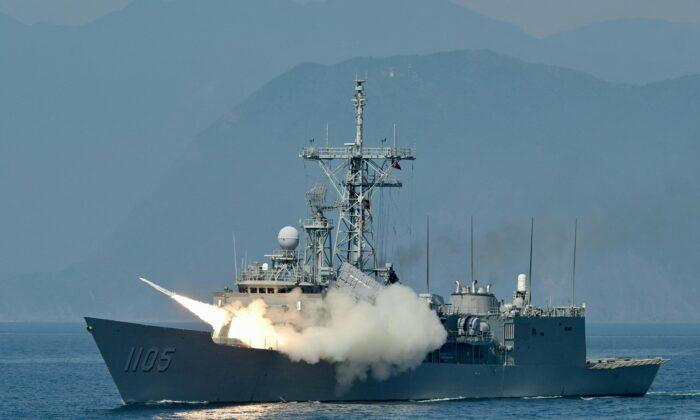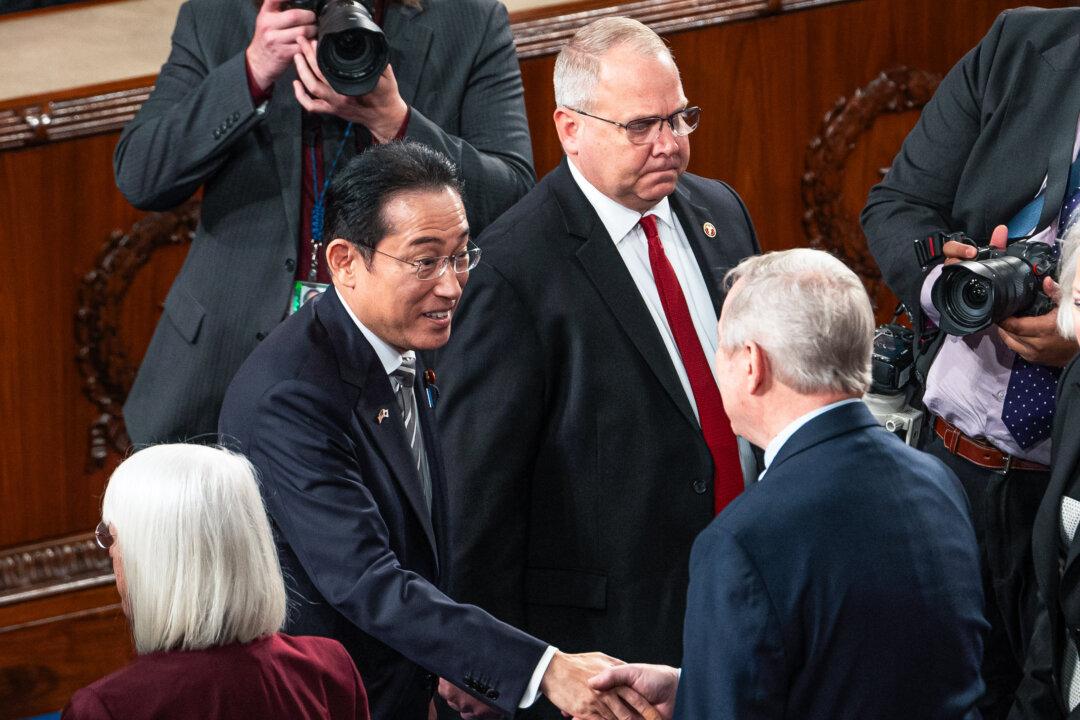The Armed Services Committee of the U.S. House of Representatives released the draft version of the 2024 National Defense Authorization Act on June 12, proposing the possibility of U.S.–Taiwan joint production of weapons to resolve delays in arms deliveries to Taiwan and to enhance the island’s ability to replenish weapon inventories.
The Armed Services Committee of the House of Representatives requires the secretary of defense to submit a report by March 1, 2024, evaluating the benefits and challenges of joint production of weapons and ammunition with Taiwan.
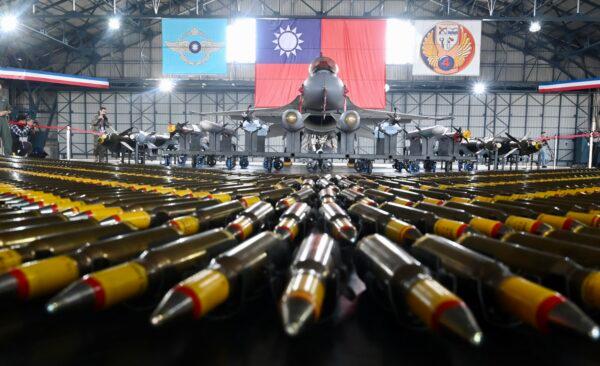
Security Concerns
In April, Jordan Cohen, a defense and foreign policy analyst at the Cato Institute, told VOA about concerns over weapon co-production with international partners.“Historically, there has been opposition in the U.S. government, both because this type of intelligence sharing puts secret information at risk, and because it reduces price offsets, which means the U.S. will see less of the profit re-enter its own economy,” Cohen said.
Randall Schriver, chairman of the board of the Project 2049 Institute and a former assistant secretary of defense for Indo-Pacific security affairs, told VOA, “Co-production is a good idea to explore.”
“If the U.S. government is supportive, there’s still the issue of commercial interests. So, our defense industry has some say in this,” he added.
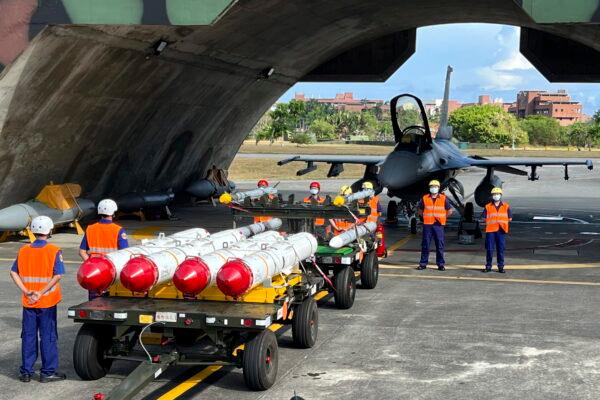
Eric Gomez, a senior fellow at the Cato Institute with a research focus on the U.S. military budget and force posture, told VOA that China could easily steal sensitive U.S. information should the weapon co-production happen in Taiwan.
‘Better’ to Accelerate Weapon Sales
Jie Zhong, a researcher at the Chinese Strategic Foresight Association in Taiwan, told Radio Free Asia (RFA) on June 13 that the United States can’t establish a weapons production line in Taiwan in a matter of weeks.He said it requires design, planning, production line establishment, personnel deployment, and other processes, adding that it would be too late for emergencies.
“It is better for the United States to advance the order of arms sales to Taiwan to the same status as the main NATO allies through administrative measures and procedures, which can solve the current problems,” he said.
Taiwanese military expert Chen Guoming told RFA that in the event of a war in the Taiwan Strait, the timeliness of U.S. sea shipping or air transport would face challenges.
“[We] hope that in the newly planned ammunition depot that will be built, or under the authorization of the United States, some of the anti-ship missiles and land attack missiles that we need can be produced,” Chen said.
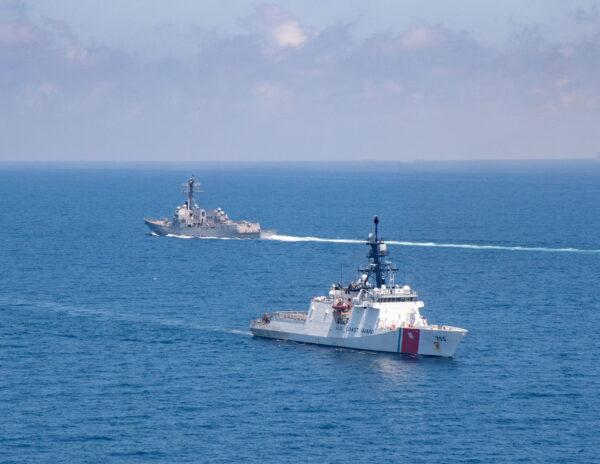
The bill also states that the United States should maintain its ability to resist any form of coercion that endangers Taiwan, including military threats. Congress supports Taiwan’s efforts to strengthen its defense capabilities through arms purchases, industrial cooperation, and direct commercial sales, the bill states.
According to the procedures, the Armed Services Committees of the U.S. Senate and House of Representatives will propose their respective versions of the National Defense Authorization Act, and after consultations to seek consensus and approval, it will be submitted to President Joe Biden.
